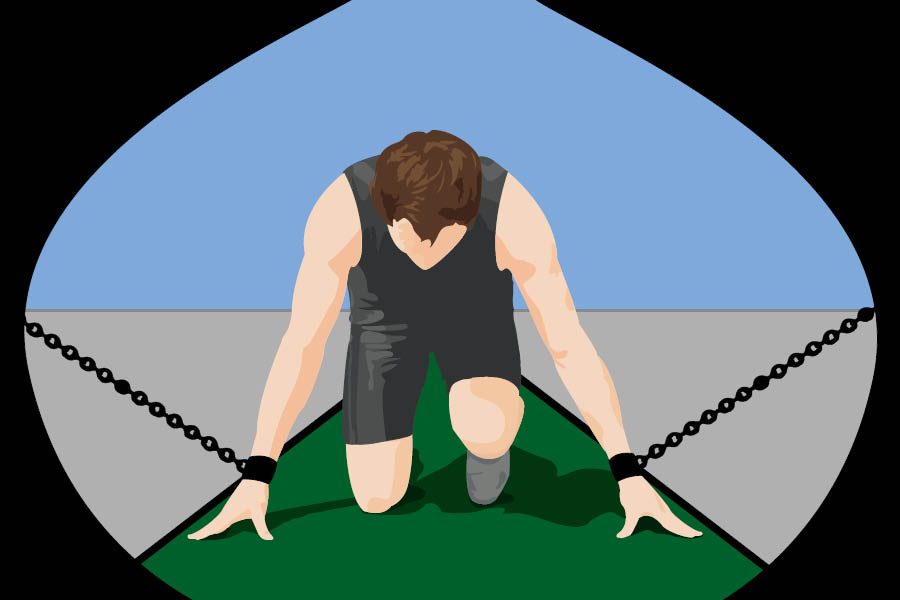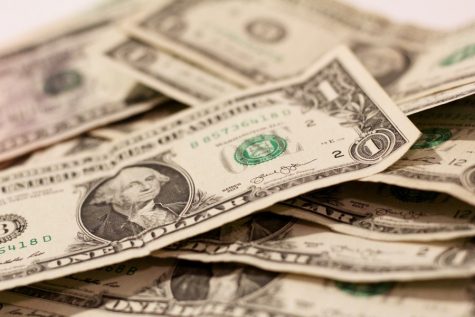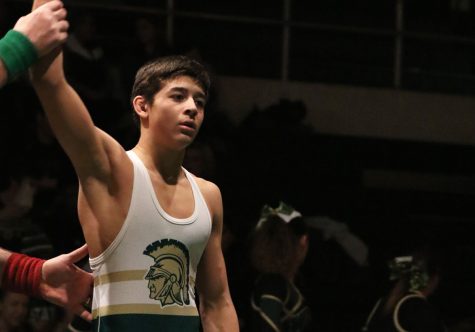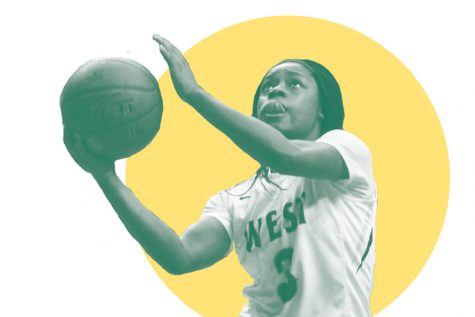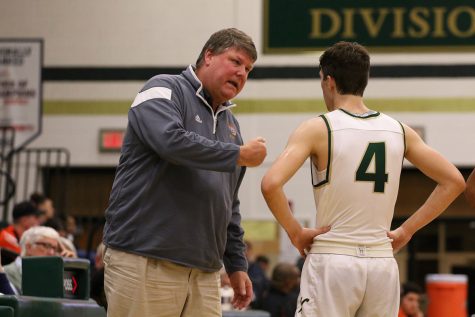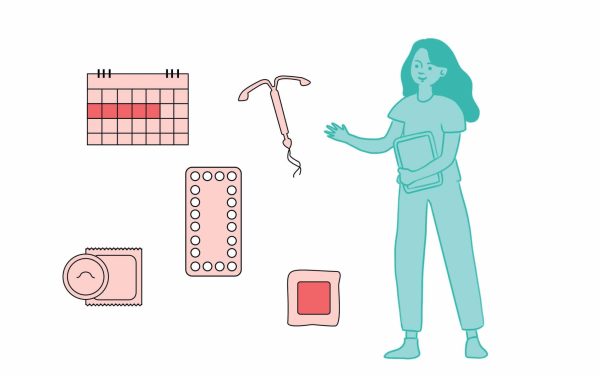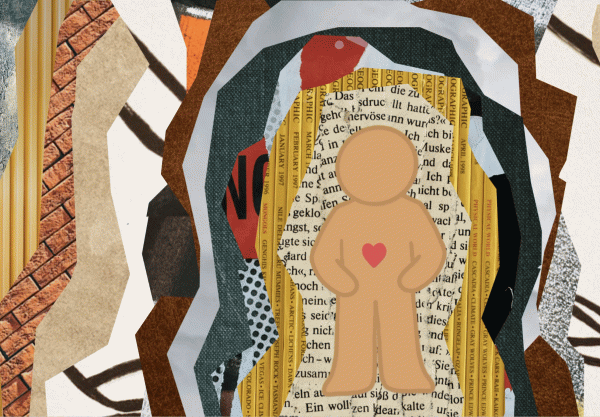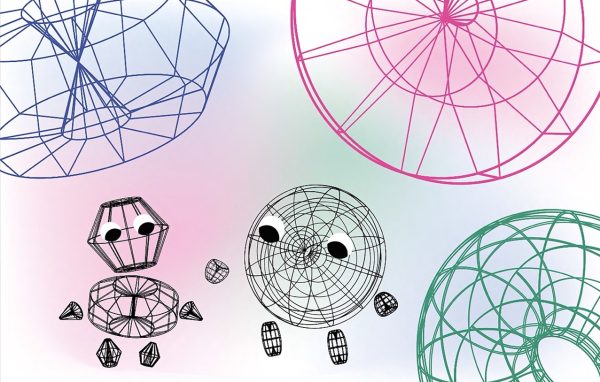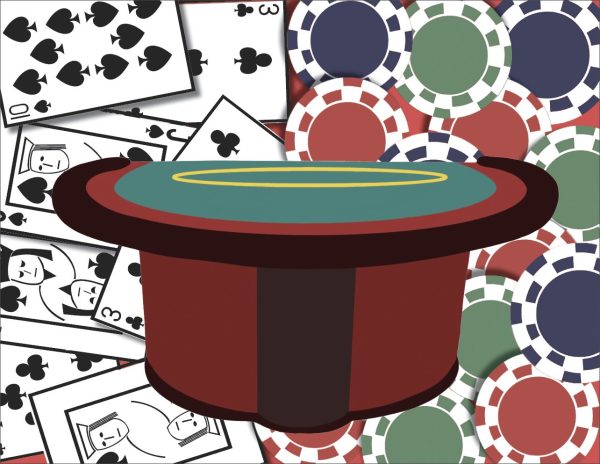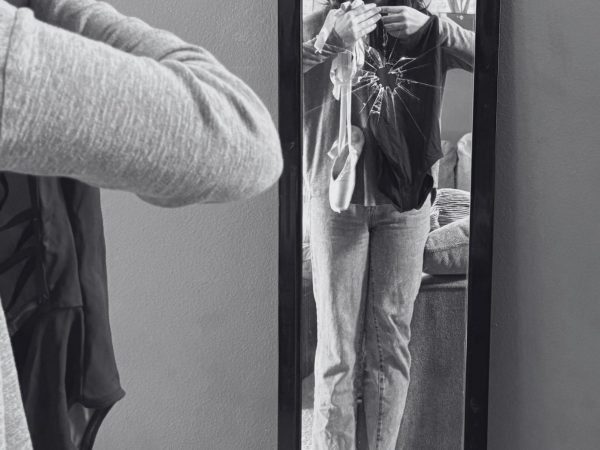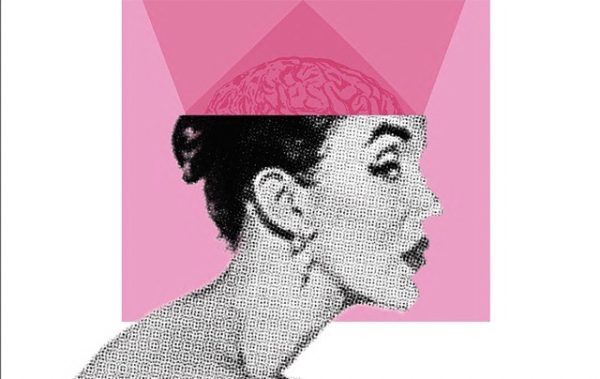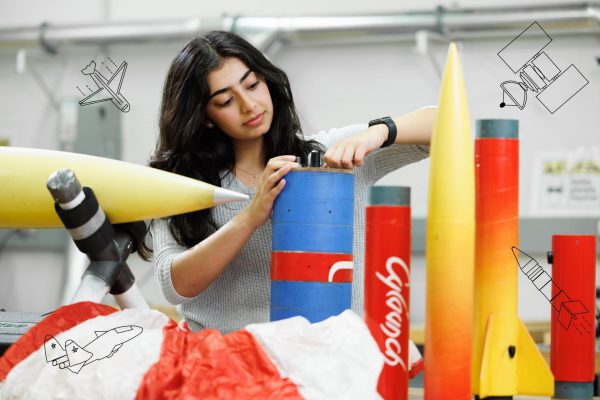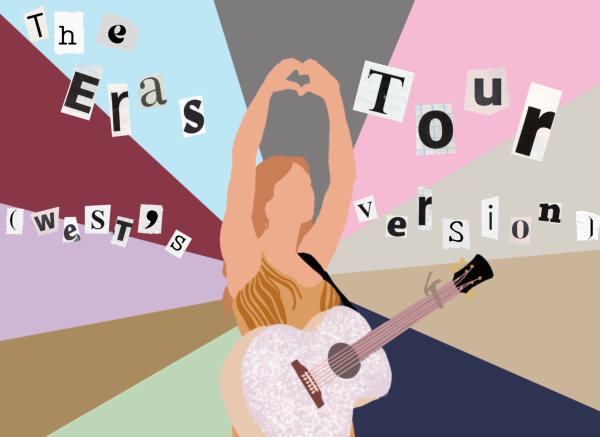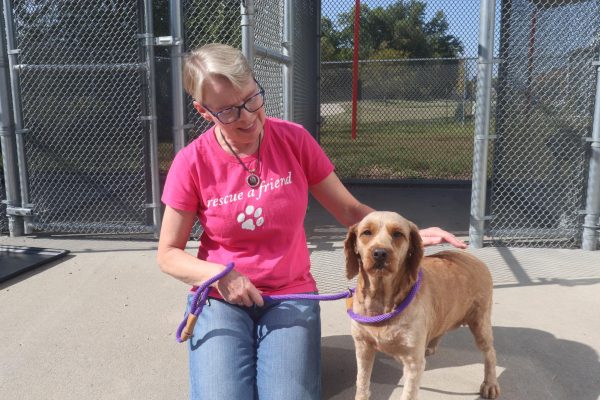Boxed out: the exploitation of college athletes
Joe Goodman ’20 analyzes the issue of unpaid college athletes and proposes a solution of his own.
College athletes are treated as amateurs despite working at a professional level.
They rise before the sun and return home well after dark. Division I college athletics is not merely fun and games. Most days are filled with conditioning, weightlifting and team meetings before their first class. In addition to practicing on a professional level, most college athletes are full-time students. The pressure of school work and playing time can cause stress and depression amongst college athletes striving to maintain a balance between academics and athletics.
For many, the game they once loved becomes their job. Athletes work forty-hour work weeks with no guarantee of future employment and a whopping zero dollars a year salary. This is the life of a college athlete.
Currently, college athletes cannot receive any financial benefits aside from their athletic scholarships due to their “Amateur Status” set by the National Collegiate Athletic Association (NCAA). This rule prohibits athletes from practicing with professionals, being in contact with an agent and accepting endorsements.
College athletes are treated as amateurs despite working at a professional level. Players have to juggle practices, film sessions and competitions in addition to being a student. The NCAA needs to remove all rules that restrict college athletes from receiving additional financial benefits while in school.
Professional leagues require high-level football and basketball prospects to attend college before playing professionally. The NCAA forces players to sign a non-negotiable contract which states that they cannot profit from their own name while playing college sports. The agreement is very similar to that of a business employer’s contract; the key difference is that an employee is paid at the end of the week while college athletes return to their dorms empty-handed.
The Amateur Status rule also prohibits athletes from choosing to sign endorsement deals with corporations like Nike and Adidas. Instead, the corporations sign the universities to larger deals where the players serve as “walking billboards” for the corporations which gives the schools millions of dollars. In these deals, athletes must wear the chosen brand exclusively in games and practices or face a penalty from their universities.
The billion-dollar industry of college athletics is predicated on these rules which keep athletes in school for as long as possible. Universities continue to rake in money from ticket sales, television contracts and corporate sponsors, all of which college athletes make possible. Coaches and athletic directors have multi-million dollar salaries while their players struggle to find food.
College athletes are granted scholarships to their universities, but unfortunately, the money is not enough for most. Studies done by the National College Players Association found that eighty-six percent of college athletes live in poverty.
The money that college football and basketball players generate for their schools far exceeds the cost of scholarships they receive. Division I football and basketball players´ scholarships only cover about fifteen percent of the money they generate for their university.
Advocates of the NCAA claim restricting collegiate athletes with Amateur Status preserves the purity of the game by excluding cash benefits. If the claim that college athletics is a system of purity sounds ridiculous, that’s because it is.
There are hundreds of scandals involving universities paying athletes to attend their school and even more scandals involving academic fraud. Professors from the University of Missouri were pressured by the athletic department to pass students with failing grades which resulted in tutors doing their work for them.
Anyone claiming that the NCAA is an ethical institution is lying to themselves at the cost of college athletes.
Allowing endorsement deals would reward players for their success at no additional cost to the university. The corporations would retain their endorsement deal with the school while also providing sponsorship opportunities to the athletes on an individual level. If universities are not willing to spend their money to pay players, corporations would be more than happy to support college athletes to endorse their products.
Players would compete harder if they knew that they would be rewarded for their success. Endorsement deals would be run as an open-market system ensuring that the best players get paid. Corporations will choose the most marketable players to be featured in commercials or partner with their brand.
With cash incentives, athletes would play harder and stay in school longer. A majority of the best athletes choose to leave school early to play professionally because they cannot be paid in college. Endorsements would ensure that athletes stay in school and complete their education because they will be receiving consistent paychecks from their endorsements. I believe (college athletes) should have the same access to the commercial marketplace that the supervisors and overseers as well as other students have. — Walter Byers, Former NCAA President
As a result, the level of competition and passion will only increase amongst college athletes as the best players compete for sponsors and endorsements.
In addition, endorsements will help support all athletes, not just those at the highest level. If McDonald’s wants to sign the best college football player to a multi-million dollar deal, then they should be able to. Likewise, if a small-scale sub shop in Iowa City wants to feature a local college athlete in their commercial, they shouldn’t be restricted by the NCAA.
Since playing Division I college sports prevents athletes from working a job, endorsements will allow players to earn money while in school. For high-level college athletes that come from impoverished backgrounds, endorsements will enable them to send money home to support their family while they get an education.
Time is running out for the NCAA to continue to exploit the rules they have put in place to restrict college athletes.
Players have earned the right to profit off of their name that universities and the NCAA have been abusing for years. The Amateur Status rule impedes on the right of a college athlete to be rewarded for their labor.
As more college athletes become aware of their exploitation, they have begun to boycott the NCAA by refusing to play games. This trend will only get worse. As the boycotts continue, the NCAA will be forced to make a decision.
The ball is in their court.
Your donation will support the student journalists of West High School. Your contribution will allow us to purchase Scholarship Yearbooks, newsroom equipment and cover our annual website hosting costs.
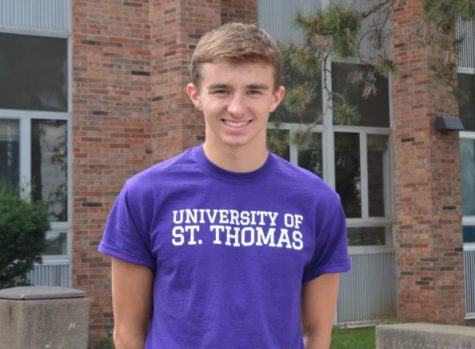
Joe is in his second year working for the West Side Story publications as the sports editor. Joe plays golf, basketball and runs track at West High. He...
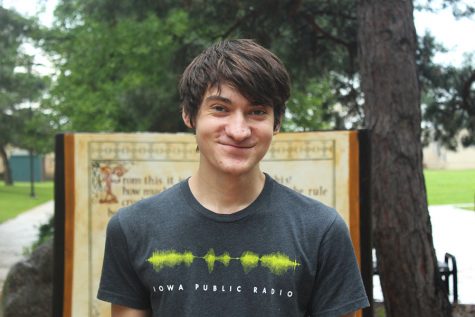
Rain Richards is a senior at West and this is his first year on staff. He is a designer for both Online and Print. In his spare time, he plays retro and...



